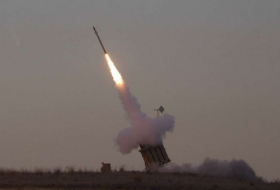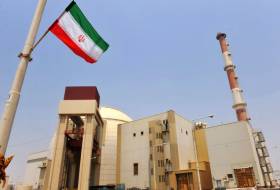Days after the interview was published, Scaramucci was fired, after just one week in the role.
Could the speedy demise of “The Mooch” have something to do with his incessant use of expletives?
It’s something we can all identify with. After all, when the world isn’t quite going your way, nothing bares the rhetorical satisfaction of a sporadic sh** or a fitful f***.
When we’re stressed, is it that we simply cannot help ourselves but make use of the English language's coarsest lexicon?
“It’s not just people in power who swear under pressure – a great many of us do,” Dr Rebecca Roache told The Independent.
“The sort of swearing that Scaramucci did recently was cathartic. Swearing is a powerful way of helping us deal with strong feelings – there’s even scientific evidence that swearing can help us withstand pain. It sounds like Scaramucci was swearing to express annoyance, and his subsequent tweet about not trusting journalists indicates that he misjudged the social context of his comments (i.e. if he knew he would be quoted publicly he would have expressed himself differently),” the senior lecturer at Royal Holloway University explained.
In some contexts, she explained that swearing can “enhance and intensify the message we’re trying to communicate,” possibly making it more meaningful.
Earlier this year, a study found links between profanity and honesty, showing that the more we swear, the more trustworthy we’re likely to be perceived.
The research makes sense, given that many of us tend to swear in spontaneous bursts of emotion which adds an undeniable level of authenticity to the nature of our expression.
“There are some contexts in which swearing is highly inappropriate,” Roache continued, “in those contexts swearing can detract from the content of what we aim to communicate with our other words (consider the way we often ‘switch off’ from attending to the words of someone who is swearing angrily at us, and instead just focus on how rude they are being). We see this with the recent coverage of Scaramucci: news coverage is more focused on his swearing than on the points he was trying to make.”
Irregardless of how many pennies Scaramucci popped into the White House swear jar, perhaps, the President's issue with the former communications director ironically boiled down to a lack of communication skills.
Maybe he never read the job description.
More about: #swear
















































